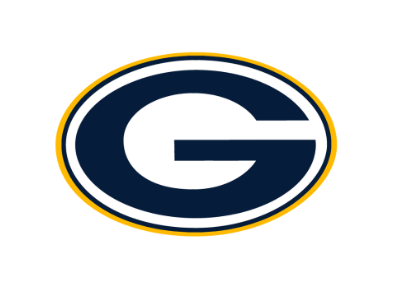Unlike common people, you have uncommon goals and dreams that require 100% of your effort, determination, and discipline. You are beginning to understand how important this is in your physical conditioning, but you must also understand that these same principles apply to your eating habits. Nutrition is the one component of an athletic program where most people are misinformed or misunderstood. Everywhere you turn, you hear or read about someone who had gained or lost 20 pounds in one week. This type of information is misleading and dangerous. As athletes, you must know facts about diet and dietary habits, in order to perform at your optimum level.
FUELING FOR FOOTBALL
Football is a game of strength, speed and skill; all of which can be affected by what, when and how much an athlete eats and drinks. Athletes need to apply the same effort to proper fueling as they give during practices and competition. Players sometimes neglect nutrition, which can result in poor performance.
Proper nutrition is extremely important for football players. Because football requires short bursts of energy, eating enough carbohydrates is critical. As an athlete, you are always looking for the edge over your opponent. Nutrition is that edge. It does not only impact strength, speed and stamina, but recovery as well. You, as athletes, are responsible for taking control. You must provide your body with optimal body fueling. A player who comes to practice without having eaten breakfast or lunch, or skimps on fluid intake during hot summer practices, is not going to reach his full potential – which ultimately affects the performance of the team as a whole.
Football is a stop-and-go sport with short burst of intense effort, followed by rest. Therefore, the primary fuel for football is carbohydrates. An ideal diet for football players requires 55 to 60 percent of their daily caloric intake to come from carbohydrates, 15 percent from protein and 30 percent from fat. Simply stated, your diet should be 2/3 carbohydrates and 1/3 protein, with an emphasis on moderate fat. Carbohydrates-containing foods with lower fat should be emphasized example: bagels over doughnuts, mashed potatoes over fries, grilled chicken over fried, frozen yogurt over ice cream. Upping the amount of carbohydrates in your diet will provide you with more available energy during practice and games. Less fried foods often decrease the chance of an upset stomach, which may also boost performance.
During Two-a-days/Pre-season, carbohydrates must be the main fuel source. Players will not recover in time for the next practice unless carbohydrate intakes are adequate. Watch your protein intake. While protein is needed in an athlete’s diet to build and maintain muscle mass, excess protein consumption will be stored as fat and may dehydrate the body. For example, turkey and cheese roll-ups, fruit, vegetables, Gatorade bars etc, are good food choices..
